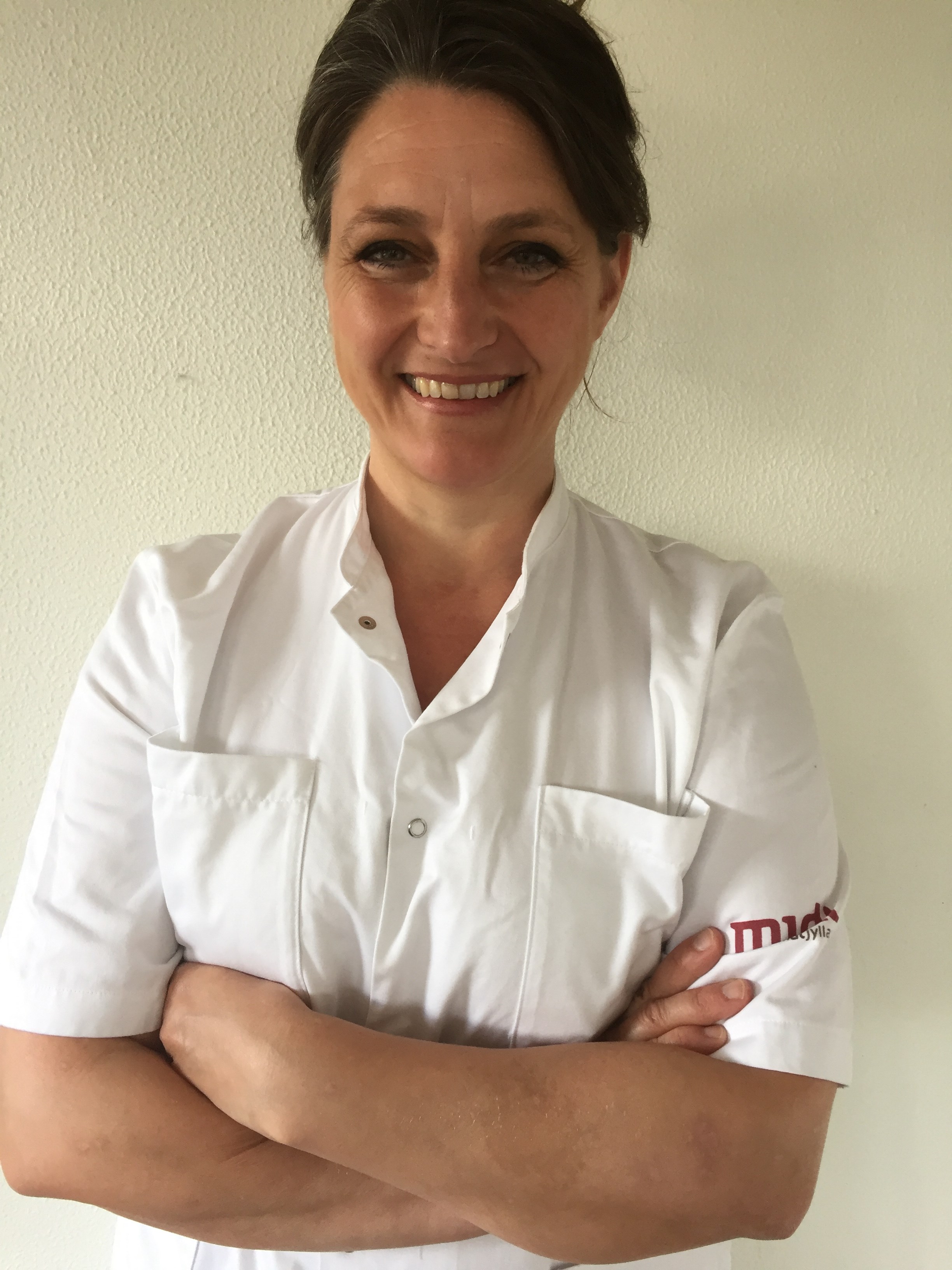Colorectal cancer
In Denmark approximately 400 new cases of rectal cancer each year receive radiotherapy prior to removal of the tumor by surgery according to national DCCG guidelines. Assignment to standard or experimental treatment options can only be optimised with improved understanding of risk factors for severe toxicity and effect. This part of the overall strategy comprises analysis of detailed information of patients reported outcome regarding acute and late side effects in relation to current and future technical options of the radiotherapy. Furthermore, we will analyze so-called biomarkers in the tumor tissue and collected blood samples for efficacy and side effects. Together these studies will form the basis for identification of patients, who are candidates for clinical trials testing more feasible and less toxic options, and conversely, those with the need for intensified treatments strategies, or those who will be subject for curative radiotherapy only and hereby avoid surgery.
Aim
The purpose of this program is to establish an intensified national cooperation with the overall aim to be able to improve standard radiotherapy and provide a relevant experimental radiotherapy treatment option based on individual risk and outcome predictions.
Background
In Denmark, we have approximately 1400 new cases of rectal cancer each year. A significant proportion (nearly 400 cases each year) receive preoperative IMRT-based CRT according to national DCCG guidelines, which is associated with significant acute and late toxicity. Assignment to standard or experimental treatment options can only be optimised with an improved understanding of risk factors for severe toxicity and effect.
In the prospective study, REctum CAncer database for Pre-operative radiation (ReCaP) intensive data and a biobank for translational research is collected (supported by the Danish Cancer Biobank.).
A single center pilot study has confirmed feasibility, a near complete inclusion and data collection rate, and consequently, national inclusion under DCCG is planned. Both CTC and PROM data are collected and supplemented by translational biomarker studies. Advanced delineations and relation to specific toxicity endpoints such as bowel and bladder toxicity as well as pelvic insufficient fractures and vaginal late toxicity are being explored in separate pilot studies. Comparative planning and plan-library studies are conducted.
Methods
Study line I (2018-2019)
National data collection for standard preoperative chemoradiotherapy – The DCCG RECAP
The data will provide a statistically relevant basis for NTCP models for toxicity and predictive markers for response and overall outcome will be analysed.
Step I Clinico-pathological parameters and dose-correlation studies will be analysed as pilot study from the first 300 patients.
Step II The first translational research study will be initiated on the samples from the first 100 patients and correlated to mature endpoint data.
Step III A separate plan for comparative planning, adaptive radiotherapy studies and further translational research studies are then made for validation purposes.
Study line II (2019-2022)
National network for experimental rectal cancer radiotherapy
The experimental clinical trials will include investigations of
1) national organ sparing strategies, 2) optimal use of contact therapy, 3) re-irradiation of pelvic recurrences, 4) intensified systemic therapy and 5) proton therapy, and 6) incorporation of shared decision making in multidisciplinary treatment.
Expected results
The data of study line I will provide a statistically relevant basis for NTCP models for toxicity and predictive markers for response and overall outcome will be analysed.


